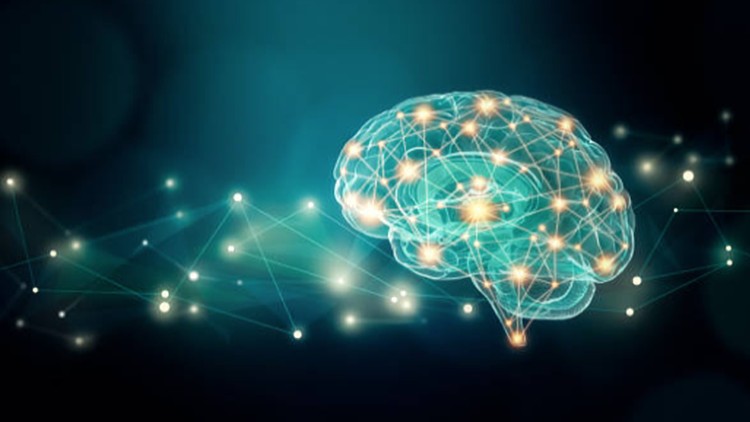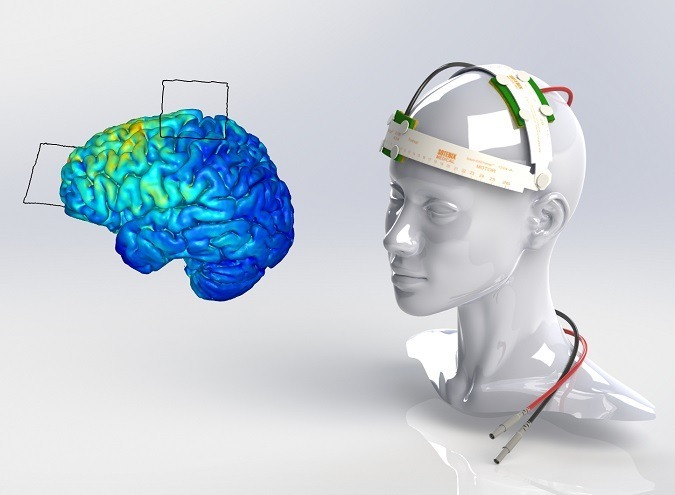Posts Tagged ‘improve-cognition’
Update: A life of cognitive and physical exercise helps you stay sharp in your 70s and beyond
Welcome to a new edition of SharpBrains’ e‑newsletter, featuring 13 fascinating brain research findings, useful resources–and a brain teaser to test your attention skills. #1. Good news of the month: Elders today are in significantly better shape–physically and cognitively–than three decades ago #2. A distinction WITH a difference: Actual, sustained practice–not mere knowledge–is needed to…
Read MoreStudy: Actual, sustained practice–not mere knowledge–is needed to harness neuroplasticity and improve cognition over time
Lifestyle improvements may lessen cognitive decline (Wiley): ” … 19 individuals older than 65 years of age who were experiencing cognitive decline were randomized to a control group or an intervention group for 8 weeks. The control group received online information related to dementia and lifestyle risk factors, Mediterranean diet, physical activity, and cognitive engagement.…
Read MoreStudy: Only 5% of US children ages 8–11 follow screen time, sleep and exercise guidelines recommended for brain development
___ Limiting children’s screen time linked to better cognition, study says (CNN): “Limiting kids’ recreational screen time to less than two hours a day, along with sufficient sleep and physical activity, is associated with improved cognition, according to a study published in The Lancet Child & Adolescent Health. The study included about 4,500 US children…
Read MoreThink twice before taking Aderall for cognitive enhancement: It may actually impair working memory and other cognitive abilities
___ ADHD drugs do not improve cognition in healthy college students (ScienceDaily): “Contrary to popular belief across college campuses, attention deficit hyperactivity disorder (ADHD) medications may fail to improve cognition in healthy students and actually can impair functioning, according to a study by researchers at the University of Rhode Island and Brown University.
Read MoreReport finds only 35% of Canadian youth get the physical activity recommended for brain health
___ Getting kids outside and active could help with brain health: Participaction report (The Globe and Mail): “The physical benefits of kids leading an active lifestyle, including better heart health and a decreased risk of developing Type 2 diabetes, are well known. But a growing body of research suggests there are significant mental benefits as well,…
Read MoreResearch trend: Combining brain stimulation with cognitive training to enhance attention and memory
In 47 CE, Scribonius Largus, court physician to the Roman emperor Claudius, described in his Compositiones a method for treating chronic migraines: place torpedo fish on the scalps of patients to ease their pain with electric shocks. Largus was on the right path; our brains are comprised of electrical signals that influence how brain cells…
Read More




